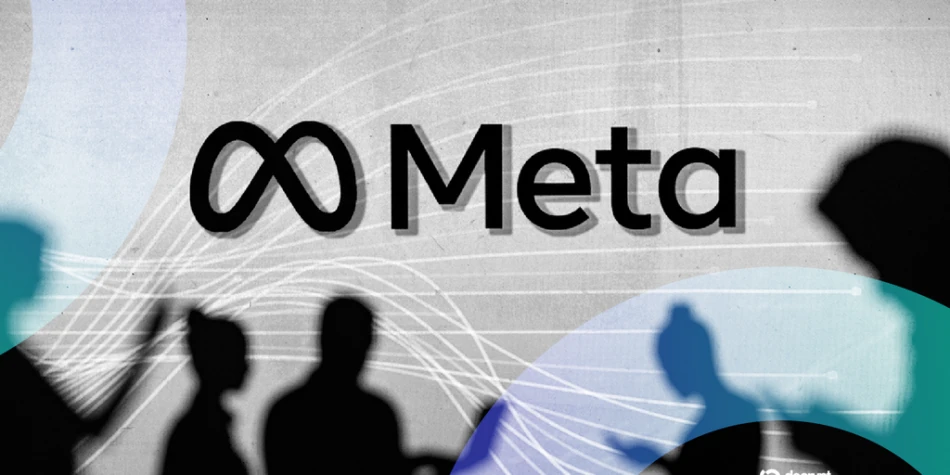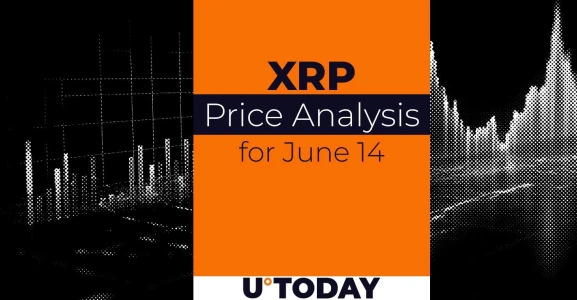
Meta Pours $14B Into Supercharging AI Capabilities Through Scale AI Partnership
The deal values data-labeling startup Scale AI at $29 billion, as Meta aims to catch up with rivals such as OpenAI and Google.[...]
Meta Doubles Down on AI Dominance with $14.3B Scale AI Acquisition
Centralizing the Path to Artificial General Intelligence
In a bold move to solidify its position in the AI race, tech giant Meta has acquired a majority stake in data-labeling startup Scale AI for a staggering $14.3 billion. This strategic investment, Meta's second-largest after the $19 billion WhatsApp deal, underscores the company's urgent pursuit of artificial general intelligence (AGI) capabilities.
The acquisition gives Meta a 49% stake in Scale AI, valuing the startup at over $29 billion. By recruiting Scale's young founder, Alexandr Wang, to lead a new "superintelligence" lab, Meta aims to accelerate its AI ambitions and gain a critical edge over rivals like Google and OpenAI.
Decentralized Challengers Emerge
However, this centralization of AI resources has not gone unchallenged. Renz Chong, CEO of the modular on-chain platform Sovrun, notes that the rise of open-source "frontier models" from decentralized players is a clear signal that "state-of-the-art" no longer has to mean "centralized or proprietary."
Chong argues that early infrastructure projects are laying the groundwork for decentralized compute and incentivized training layers, offering an alternative vision to the AI dominance of tech giants. Sovrun's joint venture with Virtuals Protocol to build the AI-driven gaming platform ReadyGamer is one such example of this decentralized approach.
Regulatory Scrutiny and Whistleblower Allegations
The Meta-Scale AI deal also comes amid ongoing antitrust battles and concerns over the company's relationship with China. A former senior Meta executive-turned-whistleblower, Sarah Wynn-Williams, is set to testify before Congress, alleging that Meta has secretly aided the Chinese Communist Party while misleading Congress, employees, and the public.
This explosive testimony could further complicate Meta's AI ambitions, raising uncomfortable questions about the company's global influence and the potential risks of consolidating such powerful technologies under a single entity.
As the AI race intensifies, the battle lines are being drawn between centralized tech giants and decentralized challengers, with the future of artificial intelligence hanging in the balance. The outcome of this clash could have far-reaching implications for the technology's development and the communities it serves.
Most Viewed News








